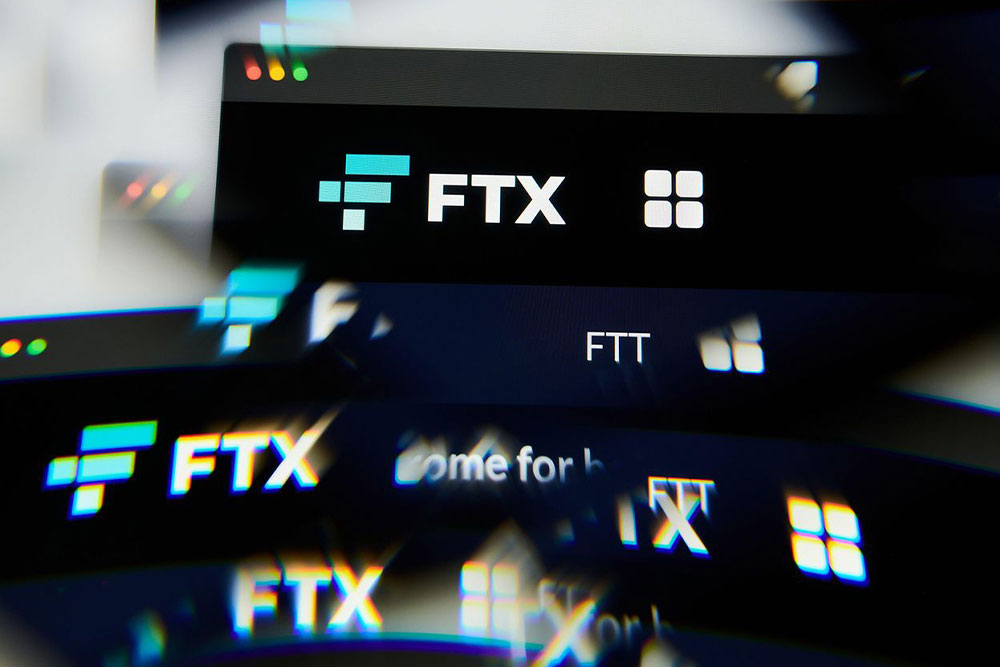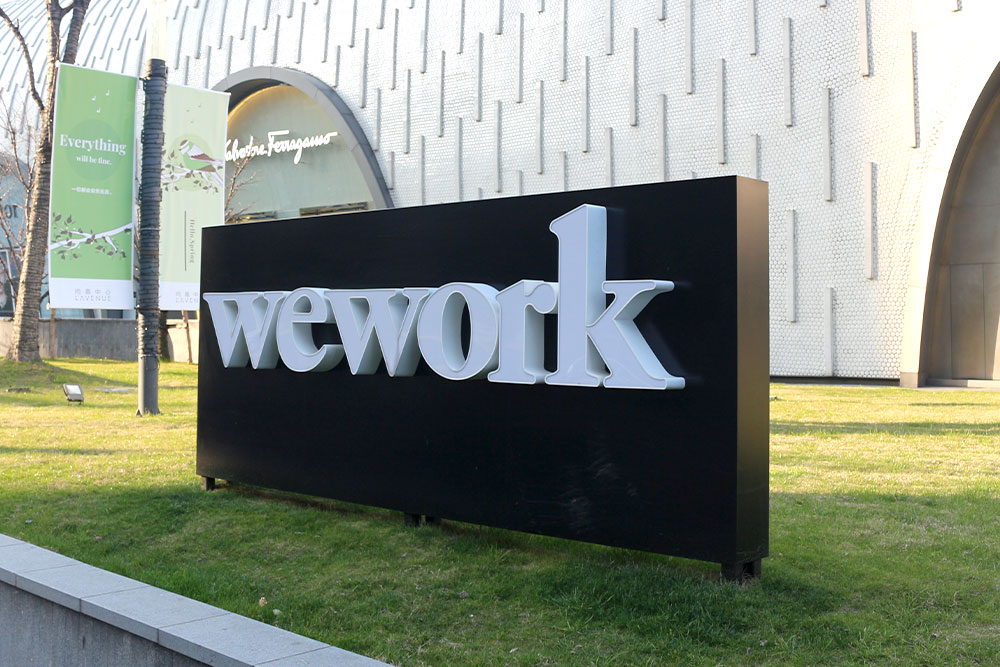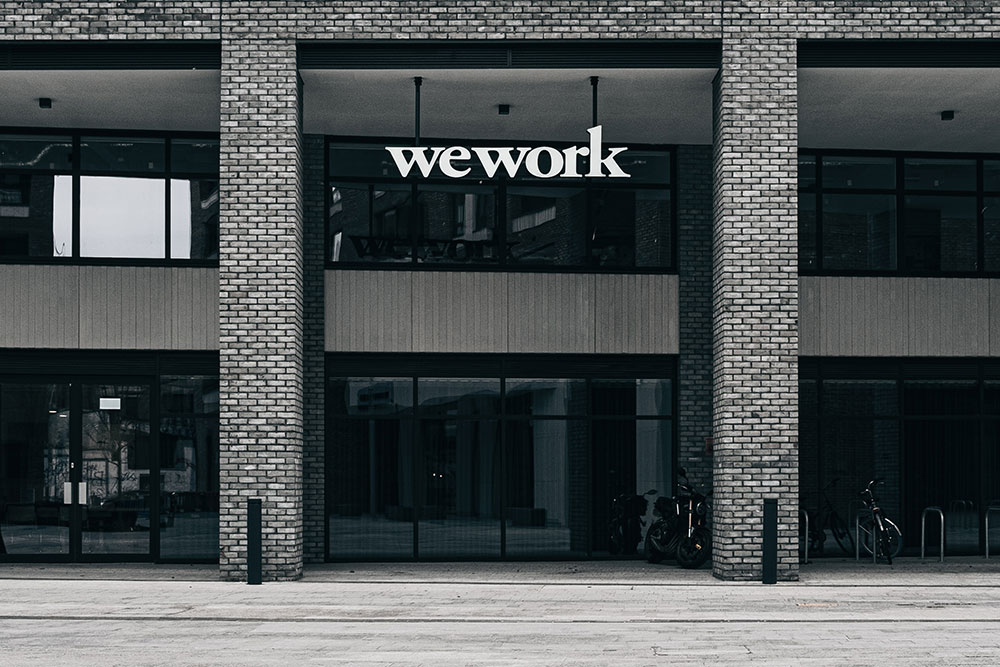When the cryptocurrency enterprise FTX filed for bankruptcy protection Friday morning, it said creditors were owed somewhere between $10 billion and $50 billion from its more than 130 entities. That exact sum may prove one of the hardest calculations in the history of bankruptcy.
“The value of crypto assets varies so much, day to day,” says University of Wisconsin law professor Megan McDermott. “How you value them—and at what point in time—will really affect what customers and creditors can recover.”
The FTX bankruptcy is tale of volatility and blurred lines. There isn’t much precedent, literally, for a bankruptcy case involving crypto companies based in the Bahamas, with global operations in the new and almost entirely unregulated industry.
FTX ran the world’s second-largest crypto exchange; one of the largest market-makers, Alameda Research; and other entities that invested in the sector. Sam Bankman-Fried, a 30-year-old wunderkind, controlled the business and used the wealth he’d accumulated to invest in crypto and beyond. He owned shares of Robinhood Markets HOOD +1.61% (ticker: HOOD), sponsored sports, and funded political campaigns.
The conglomerate had no traditional board of directors. Until Friday’s bankruptcy filing, the FTX board consisted of Bankman-Fried, executive Jonathan Cheesman, and a single external director—an attorney based in the Caribbean, according to the Financial Times. Like other crypto platforms, its brokerage and exchange operations were unregulated by the U.S. Securities and Exchange Commission.
Trying to piece it all together now is John J. Ray III, a turnaround veteran who had managed Enron after its collapse. After replacing Bankman-Fried at 4:30 a.m. Friday, he must sort through the books of 138 businesses and help the bankruptcy court divvy up FTX remains among more than 1 million creditors and 100,000 customers of the exchange.
Lawsuits against FTX have been paused by the bankruptcy proceeding. It also freezes the funds and crypto assets that FTX holds for its customers.
Barron’s asked FTX’s bankruptcy attorneys to discuss the case, but got no immediate reply.
With so many stakeholders, the case could last years. The Japanese bankruptcy of crypto exchange Mt. Gox began in 2014, and has still not been fully resolved.
Over the next few months, the priority will be identifying and securing FTX’s assets, says Monique Hayes, an attorney who practices bankruptcy law as a partner of the Florida-based firm DGIM Law. Technical professionals will be needed, she notes, given the bankruptcy petition’s claim that hackers siphoned off funds from FTX accounts before the filing.
Large creditors are probably contacting lawyers now and reaching out to others to line up representation on the creditor committees that will be appointed by the U.S. bankruptcy trustee handling the case, says Hayes.
Those creditors committees will investigate allegations, also recently reported, that Bankman-Fried’s hedge fund firm Alameda Research used FTX customer funds in Alameda’s business, she says.
Disputes about the misapplication of money can lead to adversarial proceedings, where the trustee can try to claw back transfers intended to hinder creditors, or even innocent transfers made when FTX was effectively insolvent.
McDermott says the FTX bankruptcy also brings novel challenges, because crypto brokerages and exchanges operated outside the regulations governing other securities markets.
“Who has first claim to those crypto assets?” she asks. “The exchange customers? Or FTX’s other creditors?” Since the July bankruptcy filing of crypto lender Celsius Network, for example, Celsius has sparred with its customers over returning their crypto assets. Celsius wants to apply them to its debts.
Another challenge will be valuing the assets and liabilities. Given the volatile nature of crypto prices, simply agreeing on a point in time to assess their value could trigger legal disputes.
Chapter 11 bankruptcies, says McDermott, “are constrained only by the limits of the lawyers’ imagination. It will be interesting to see what the FTX lawyers come up with.”








